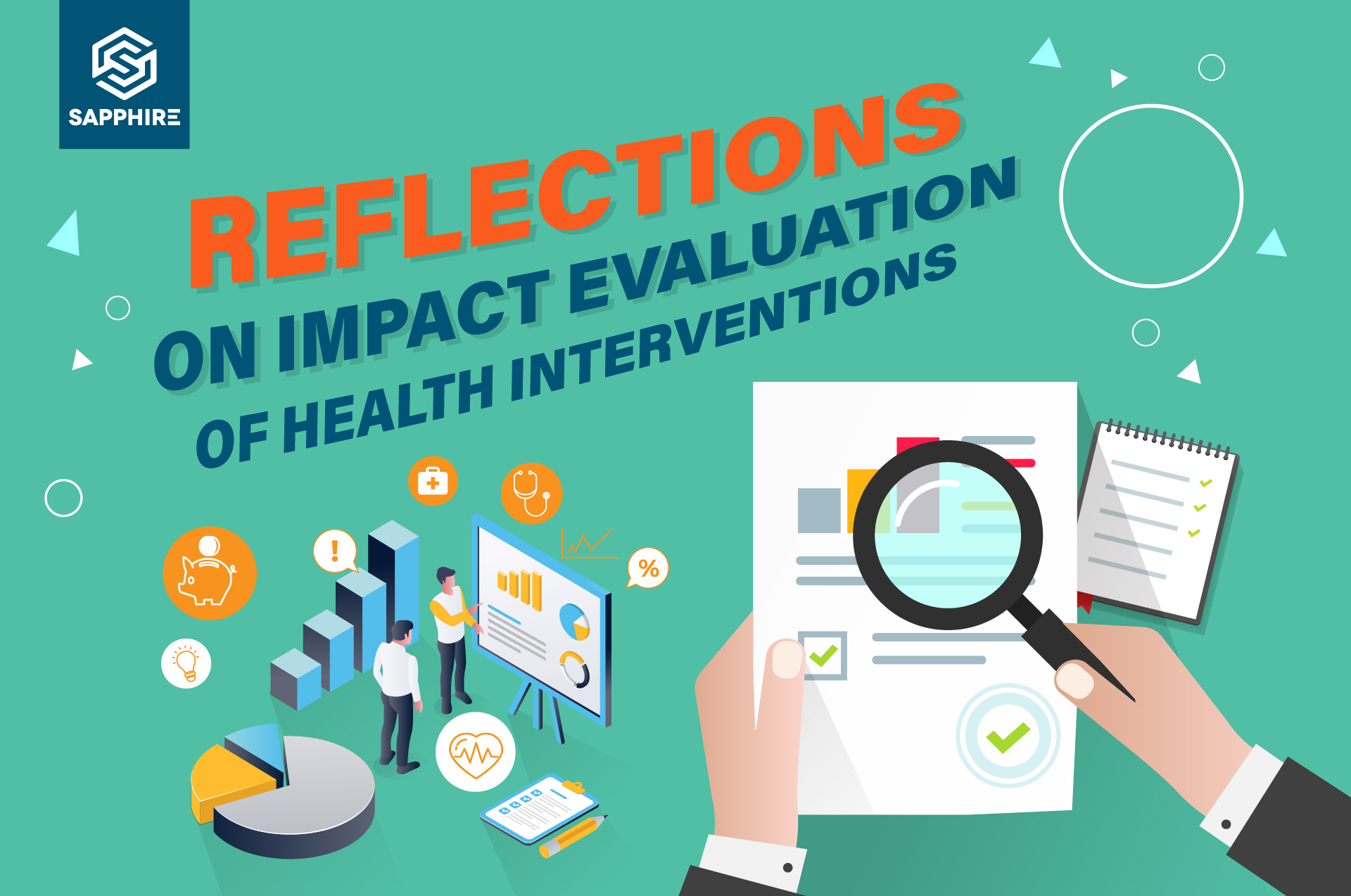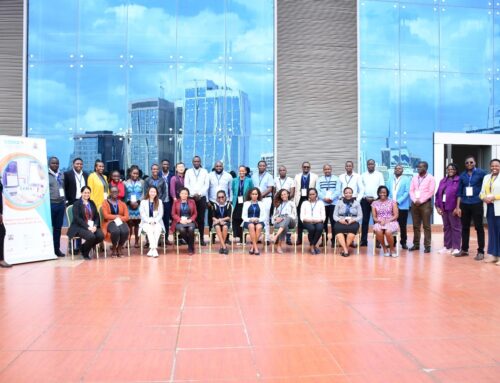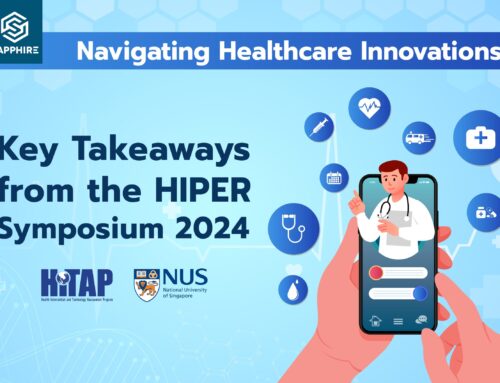
“This reflection is one in a series of blogs published by HITAP on behalf of participants of a workshop on Impact Evaluation of Health Interventions hosted by the Saw Swee Hock School of Public Health, National University of Singapore. This series includes reflections from participants from Bhutan, Vietnam, and the Philippines.”
On October 25-28, 2021, we were fortunate enough to have members participate in the Impact Evaluation of Health Interventions Workshop wherein we were trained on the concept and methods of impact evaluation through the generosity of our colleagues at HIPER, at the Saw Hwee Hock School of Public Health, National University of Singapore (SSHSPH NUS). We are honored to have been given the chance to learn from distinguished lecturers who are well respected in the field of HTA.
Due to the limitations in learning strategies brought by the pandemic, lectures, discussions and hands-on exercises were delivered online. Nevertheless, the course was crafted effectively to ensure fruitful learning for us, the students. We learned how to conduct impact evaluation techniques, such as difference-in-difference, propensity score matching and interrupted time series, and how these could possibly be employed in our own health technology assessments. We look forward to applying the difference-in-difference analysis in evaluating public health interventions and policies using real world data. Additionally, in terms of quasi-experimental data in the post-marketing surveillance of vaccines or drugs, we foresee ourselves using the propensity score matching method.
We also appreciate the very accommodating mentors and teaching assistants who were very willing to explain the topics, guide us on the use of the Stata software, and answer our queries. While there was limited time allocated for the exercises, the mentors were kind enough to provide us with summary notes to further guide us as we study the exercises after the workshop.
The methods we learned can be used for real world evidence on new interventions in HTA, such as for COVID-19 investigational drugs and COVID-19 vaccines, where there is a dearth of evidence in the real-world setting. Further, as the HTA Philippines office grows, we expect to receive even more real-world data as part of our assessments, beyond COVID-19. The technical skills we learned from the class will be useful in evaluating the real-world impact of new and existing health programs and health technologies after implementation. This can serve as one of the metrics to monitor and assess if we can expand programmes or disinvest in them.



